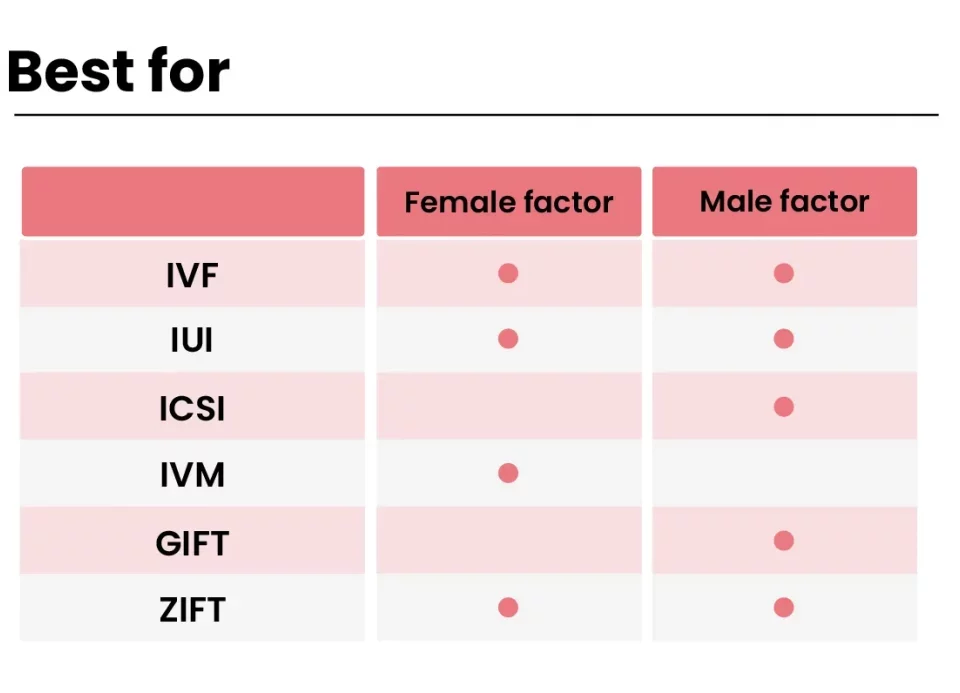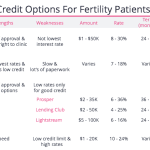
How Much Is One Round of IVF? A Deep Dive Into Costs, Options, and What to Expect
April 14, 2025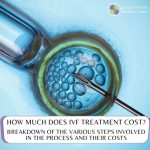
How Much Does IVF Cost? Your Complete Guide to Understanding the Price of Fertility Treatments
April 14, 2025Do IVF Babies Have More Issues?
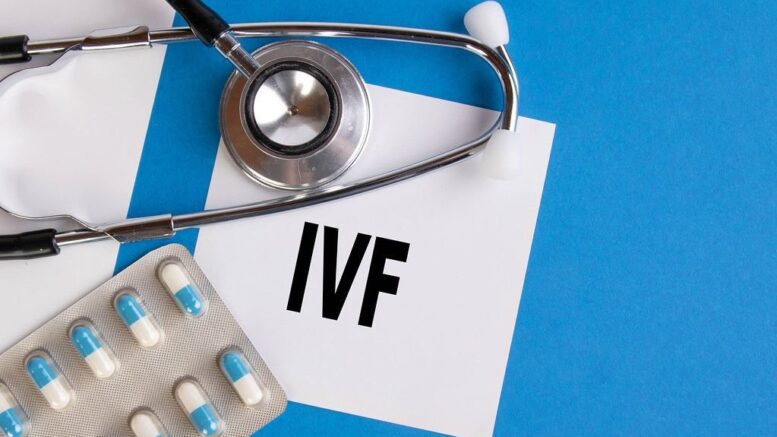
Do IVF Babies Have More Issues?
In vitro fertilization (IVF) has been a game-changer for millions of families, helping people who struggle with infertility bring babies into the world. Since the first IVF baby was born in 1978, over 10 million children have started life this way. That’s a lot of birthday candles! But as IVF becomes more common—accounting for about 2% of all births in the U.S. and up to 6% in places like Denmark—parents and hopeful parents are asking a big question: Do IVF babies have more health issues than kids conceived naturally?
It’s a fair thing to wonder about. After all, IVF involves some pretty high-tech steps—mixing eggs and sperm in a lab, sometimes freezing embryos, and transferring them into a womb. Could that process affect a baby’s health down the road? Let’s dig into the facts, look at what science says, and explore what it all means for families like yours. Spoiler alert: there’s good news, some concerns, and a few surprises along the way!

What Science Says About IVF Babies’ Health
IVF babies are born through a process that’s anything but “natural,” so it makes sense to wonder if that changes things for them. Researchers have been studying this for decades, comparing IVF kids to those conceived the old-fashioned way. Here’s what they’ve found so far.
Short-Term Health: Birth and Beyond
When IVF babies first arrive, they do face some extra challenges. Studies show they’re more likely to be born early (before 37 weeks) or with a lower birth weight than naturally conceived babies. For example, about 10% of IVF singletons are preterm, compared to 7% of non-IVF singletons. Twins, which are more common with IVF, bump that number way up—over 76% are preterm!
Why does this happen? Part of it might be the IVF process itself, like how embryos are handled in the lab. But it’s also tied to the parents. Couples using IVF are often older or have underlying health issues that led to infertility in the first place. These factors can make pregnancy trickier, no matter how the baby was conceived.
The good news? Most IVF babies catch up fast. By the time they’re toddling around, their growth and development usually look pretty similar to other kids’. Studies tracking them into early childhood show they hit milestones—like walking and talking—right on schedule.
Long-Term Health: Growing Up IVF
What about as they get older? This is where things get really interesting. Researchers have followed IVF kids into their teens and even adulthood to see if any health patterns pop up. Here’s the scoop:
- Heart Health: Some studies suggest IVF kids might have slightly higher blood pressure or a small increased risk of heart defects. A huge study from Nordic countries, looking at over 7 million kids, found that major heart defects were more common in IVF babies—but still super rare overall (less than 1% of cases).
- Metabolism: There’s a hint that IVF kids could have higher fasting glucose levels (a sign of how the body handles sugar), which might matter for diabetes risk later in life. But the differences are tiny, and not every study agrees.
- Cancer: This one worries a lot of parents. Early research hinted at a higher risk of certain cancers, like leukemia, in IVF kids—about 42% higher than in naturally conceived kids, according to some data. But the absolute risk is still tiny (think 1 in 10,000 vs. 1.4 in 10,000), and newer studies say it might be linked more to infertility itself than IVF.
For the most part, IVF kids grow up healthy. An Israeli study tracked adults born via IVF in the 1980s and ’90s and found they were just as fit, smart, and well-adjusted as their peers. They even scored a bit higher on cognitive tests during military checkups!
Why IVF Might Affect Health: The Biology Behind It
So, why might IVF babies have a few extra hiccups? It’s not just random chance—there’s some cool science at play. Let’s break it down.
Epigenetics: The Hidden Switches
Imagine your DNA as a big instruction manual for building a human. Epigenetics is like the sticky notes you add to that manual, telling certain pages to turn on or off. IVF happens during a super sensitive time—when an embryo is just forming—and some experts think the lab environment (like culture dishes or freezing) might mess with those sticky notes.
For example, IVF has been linked to a higher rate of rare “imprinting disorders,” where genes don’t switch on or off properly. These conditions, like Beckwith-Wiedemann syndrome, affect growth and development, but they’re still incredibly rare (about 1 in 13,000 IVF births vs. 1 in 50,000 natural births). Scientists aren’t sure if it’s the IVF process or the parents’ infertility causing this—it’s a bit of a chicken-and-egg puzzle.
Fresh vs. Frozen Embryos
Here’s a twist: how embryos are used in IVF might matter. Babies from fresh embryo transfers tend to be a little smaller at birth, while those from frozen transfers are often bigger than average. Why? Freezing might tweak how the placenta works, or maybe it’s because only the toughest embryos survive the thaw. Either way, these size differences don’t seem to stick around long-term.
Multiple Births: Double Trouble?
IVF used to mean lots of twins or triplets because doctors transferred multiple embryos to boost success rates. Multiples are more likely to be born early or small, which can lead to health issues. Today, most clinics transfer just one embryo at a time, cutting the multiple birth rate in the U.S. to about 5%. That’s a big win for baby health!
Busting Myths: What IVF Babies Don’t Have
There’s a ton of chatter online—especially on platforms like X—about IVF babies being “weaker” or “sicker.” Let’s clear up some myths with facts.
- Myth: IVF babies have way more autism or ADHD.
Fact: Studies are mixed. Some see a slight uptick, but it’s often tied to preterm birth or parental age, not IVF itself. A 2023 review found no clear link when you adjust for those factors. - Myth: They’re doomed to be unhealthy adults.
Fact: Nope! That Israeli study of IVF adults showed they’re just as healthy—and sometimes healthier—than their peers. Fewer got discharged from military service for medical reasons. - Myth: IVF causes tons of birth defects.
Fact: There’s a small increase (5-6% vs. 4% in natural births), but it’s mostly minor stuff like cleft palate. Major defects are still rare.
Social media can amplify worries, but the data tells a calmer story. IVF babies aren’t fragile—they’re fighters from day one!
Interactive Quiz: How Much Do You Know About IVF Babies?
Let’s have some fun and test your knowledge! Answer these quick questions (no pressure—just guess if you’re not sure):
- What percentage of U.S. babies are born via IVF today?
a) 2%
b) 10%
c) 25% - Are IVF babies more likely to be born early?
a) Yes
b) No - Do IVF adults have worse health than others?
a) Yes, way worse
b) No, pretty similar
c) We don’t know yet
Answers at the end of the article—scroll down to check!
Unique Angles: What’s Missing from the Conversation
Most articles stick to the basics—preterm birth, birth defects, cancer risks. But there are some under-the-radar topics that deserve more attention. Here’s what’s not getting enough love.
Mental Health: Beyond the Physical
Physical health gets all the headlines, but what about mental well-being? A few studies suggest IVF kids might have a slightly higher chance of anxiety or depression as teens. Why? It could be the stress of being an “IVF miracle” kid—parents sometimes hover more, which might affect confidence. But here’s the catch: no one’s really tracked this into adulthood yet. A 2024 study from Australia is starting to look at this, and early data says any differences fade by the 20s. Stay tuned!
Epigenetic Time Bombs?
We talked about epigenetics, but here’s a deeper dive: could IVF plant “time bombs” that don’t show up until later—like in a kid’s 40s or 50s? Animal studies (think mice and cows) show IVF can tweak genes tied to heart disease or diabetes. In humans, we don’t have long-term data yet since the oldest IVF folks are just hitting their 40s. It’s a wild card worth watching.
The Sibling Factor
Here’s something cool: when researchers compare IVF kids to their naturally conceived siblings (same parents, different start), the health gaps shrink. A big Nordic study found IVF kids had more hospital visits as kids, but their siblings weren’t far behind. This suggests infertility or family traits might matter more than the IVF process. It’s a fresh angle that flips the script!
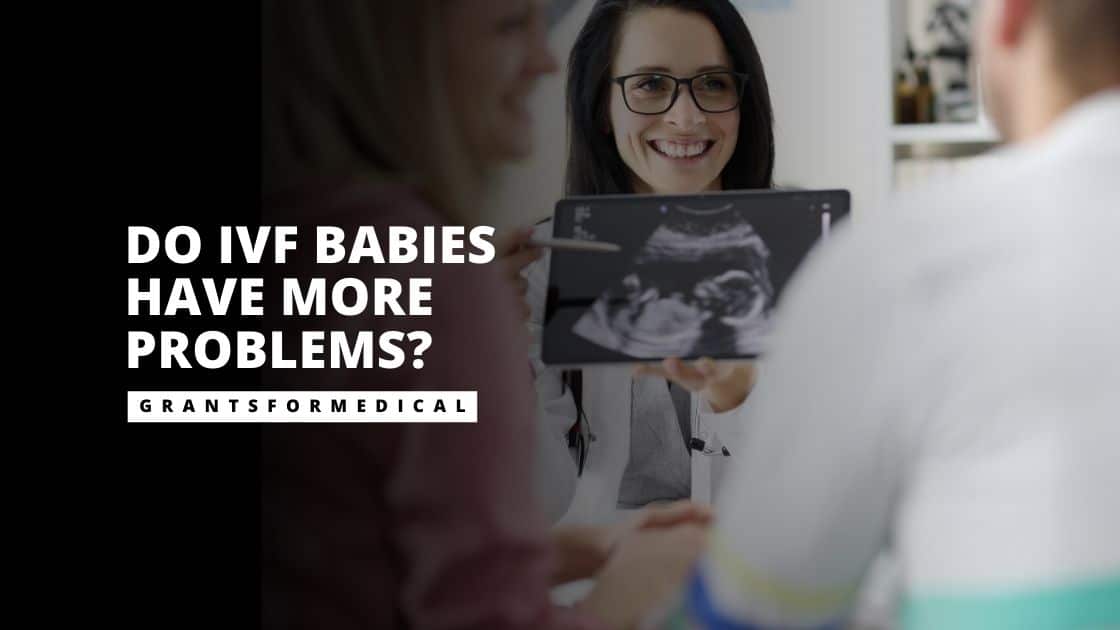
Real Stories: IVF Families Speak Out
Numbers are great, but stories hit home. Meet a few families who’ve been there.
- Jenny, Mom of twins (age 8): “My girls were born at 34 weeks via IVF. They were tiny but caught up by age 2. Now they’re unstoppable—straight-A students and soccer stars!”
- Mark, IVF adult (age 32): “I was an IVF baby in ’92. I’m healthy, run marathons, and just had my own kid—naturally! People worry too much.”
- Sarah, hopeful parent: “We’re starting IVF next month. The health stuff scares me, but knowing most kids turn out fine helps me sleep at night.”
These voices remind us: behind every stat is a real person thriving—or hoping to.
What Parents Can Do: Tips for a Healthy IVF Journey
If you’re considering IVF or already have an IVF kiddo, you’re not powerless. Here’s how to stack the odds in your favor.
During IVF
✔️ Pick a great clinic: Success rates vary—check your clinic’s track record on the CDC’s ART report.
✔️ Go for single embryo transfer: It cuts the risk of multiples and preterm birth.
❌ Don’t rush the process: Give your body time to recover between cycles—studies show back-to-back tries can stress your system.
Pregnancy and Beyond
✔️ Stay on top of prenatal care: Early ultrasounds can catch issues like heart defects fast.
✔️ Feed them well: Breastfeeding (if possible) and a balanced diet help IVF babies grow strong.
❌ Don’t over-worry: Extra doctor visits are fine, but hovering too much might stress you and your kid.
Long-Term
✔️ Track milestones: Keep an eye on growth and development, just like with any kid.
✔️ Talk about it: If your child knows they’re an IVF baby, make it a cool story—not a burden.
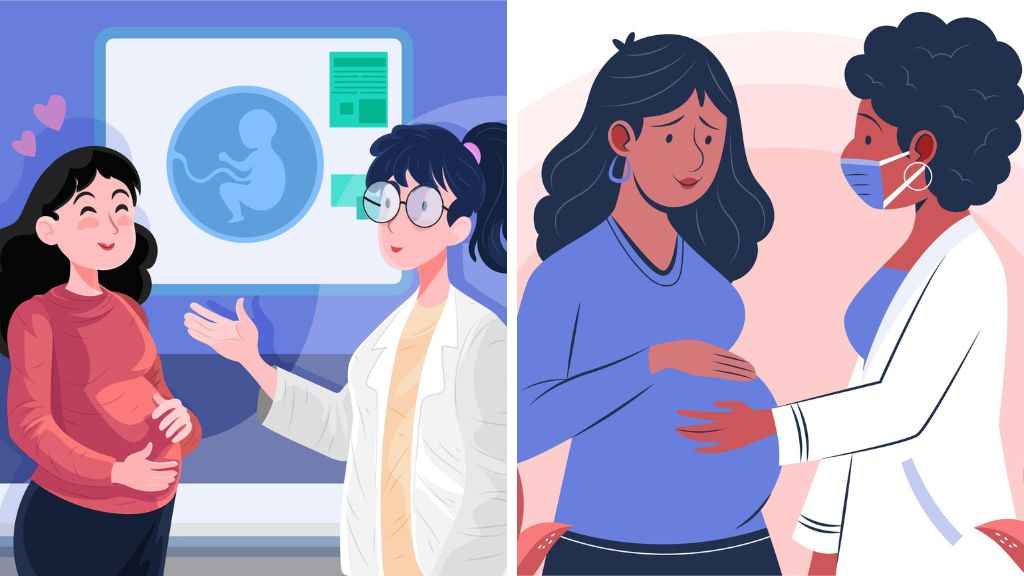
The Latest Buzz: What’s Hot in 2025
IVF’s always evolving, and 2025’s bringing some fresh trends. Google Trends shows searches for “IVF baby health” spiking this year, and X posts are buzzing about new tech. Here’s what’s up:
- Time-Lapse Imaging: Clinics are using cameras to watch embryos grow in real time, picking the healthiest ones. Early data says it boosts success rates by 10-15%.
- Genetic Screening: More parents are testing embryos for big issues (like Down syndrome) before transfer. It’s cutting defect risks—but sparking ethics debates.
- Frozen Embryo Wins: Frozen transfers are outpacing fresh ones, with better birth weights and fewer preterm births.
On X, folks are also chatting about “IVF long-term effects”—a sign people want answers beyond the baby years. Science is catching up, but it’s a slow burn.
Poll: What Worries You Most?
We want to hear from you! Pick the health topic that keeps you up at night about IVF babies:
- Preterm birth
- Heart defects
- Cancer risks
- Mental health
- None—I’m not worried!
Drop your vote in the comments below—it’ll take 10 seconds and help us tailor future posts!
The Big Picture: Should You Worry?
So, do IVF babies have more issues? Yes, a little—but it’s not the whole story. They’re more likely to start life early or small, and there’s a slight uptick in things like heart defects or rare cancers. But the risks are small, and most IVF kids grow up just fine—sometimes even better than average. The process isn’t perfect, but it’s not a health disaster either.
What’s really cool? IVF’s getting safer every year. Single embryo transfers, better lab tech, and smarter screening are shrinking those risks. Plus, the first IVF generation is having kids of their own—naturally!—proving the cycle keeps turning.
If you’re on the IVF path, focus on what you can control: a solid clinic, good prenatal care, and a chill mindset. The data says your kid’s got a great shot at a healthy, happy life. And isn’t that what it’s all about?
Wrapping Up: Your IVF Baby’s Future
IVF babies are miracles of science, and like any miracle, they come with questions. They might face a few extra hurdles, but the finish line looks a lot like everyone else’s: a life full of potential. Whether you’re a parent, a hopeful parent, or just curious, the takeaway is simple: IVF kids are tough, resilient, and—most importantly—here. That’s worth celebrating.
Quiz Answers: 1) a, 2) a, 3) b—how’d you do?
Got thoughts? Share ’em below—let’s keep this conversation going!

